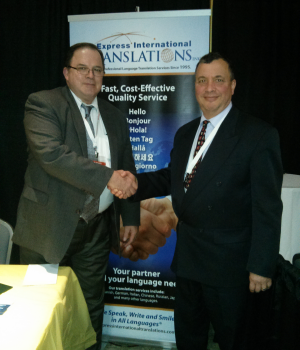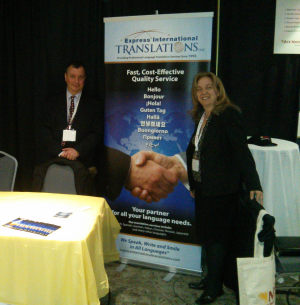In Part 1, I was explaining why one should not attempt to save money at all costs for the purposes of saving money. The consequences of doing so could be too adverse and certainly highly embarrassing, especially if the document you are trying to produce on a low cost option is meant to go public.
Sometimes, people do not want to spend money at all on translations and attempt to do it themselves, either because they feel confident enough in the target language or because they trust the many free translation softwares available on the net.
If your target language is your mother tongue, you have excellent writing skills in your native language and if you master the subject matter well, chances are that you will produce an excellent translation. In this case, please read this section no further, this section is not for you.
If on the other hand – and I suspect this is the case for most people – you lack any of these three elements (native language, writing skills, subject matter), then, .
In my career of over twenty years as a translator, I have seen texts in French that were obviously written by English native speakers. I can say so because the French sounds jarring, unnatural and very often literal. Here is an example : “Le Centre des opérations de sécurité de T. est proactive en revue les dispositifs de sécurité gérés pour les vulnérabilités du logiciel“. This sentence was the French translation of a brochure whose English read: “The T. Security Operations Centre is proactively reviewing managed security devices for the software’s vulnerabilities” . If you are a native francophone reading this, you will be no doubt scratching your head: Was this translated by a software? If not, was this done by an anglophone? And if it was translated by a francophone, did the person only understand what he or she was translating?
Good questions. You decide.
To conclude the matter on a funny note, here are some extreme products of “do it yourself translations” that I remember.
1) A hotel in Zurich posted a note next to its check-out counter reading “To expedite the check-out process, clients will be executed in strict order”.
2) In a commending effort to cater to the English-speaking community, a dry-cleaning business in Beijing displayed a poster on its front window which read: “Drop your trousers here”.
Examples such as these abound. For a good laugh, check out the following site: http://linguagreca.com/blog/2013/02/funny-mistranslations-world



